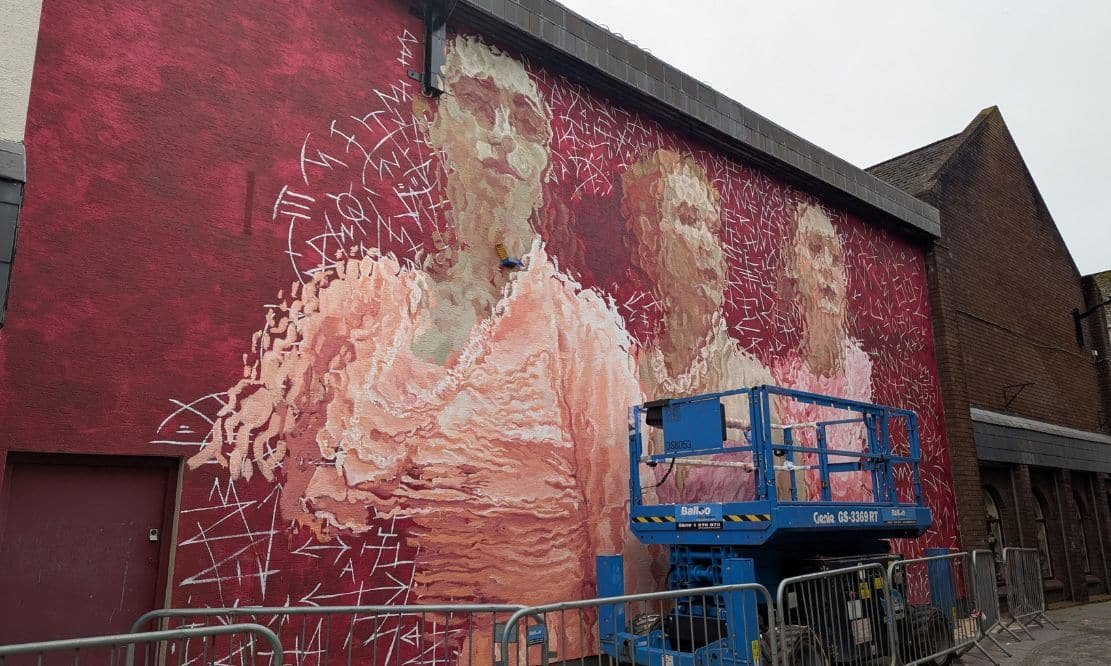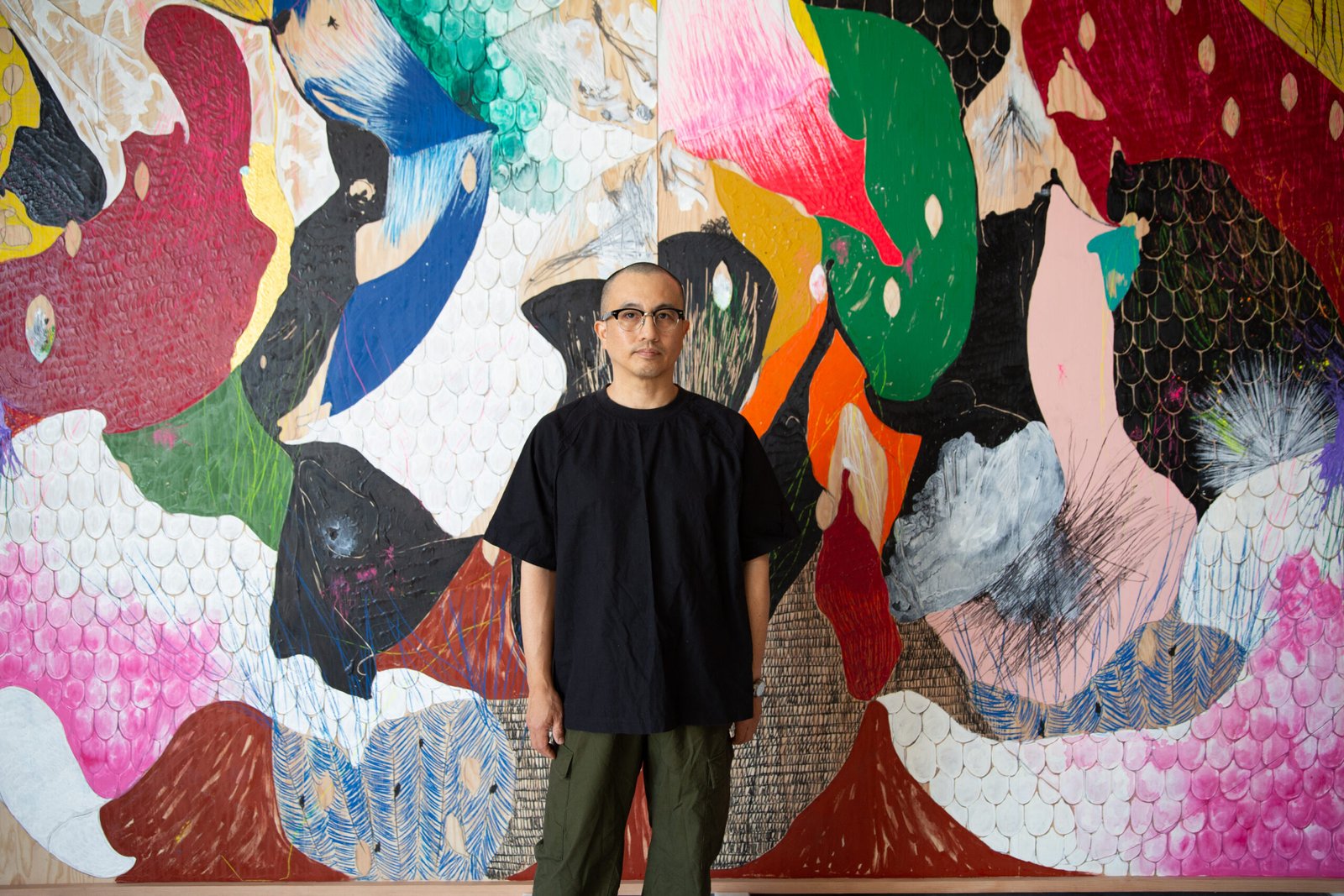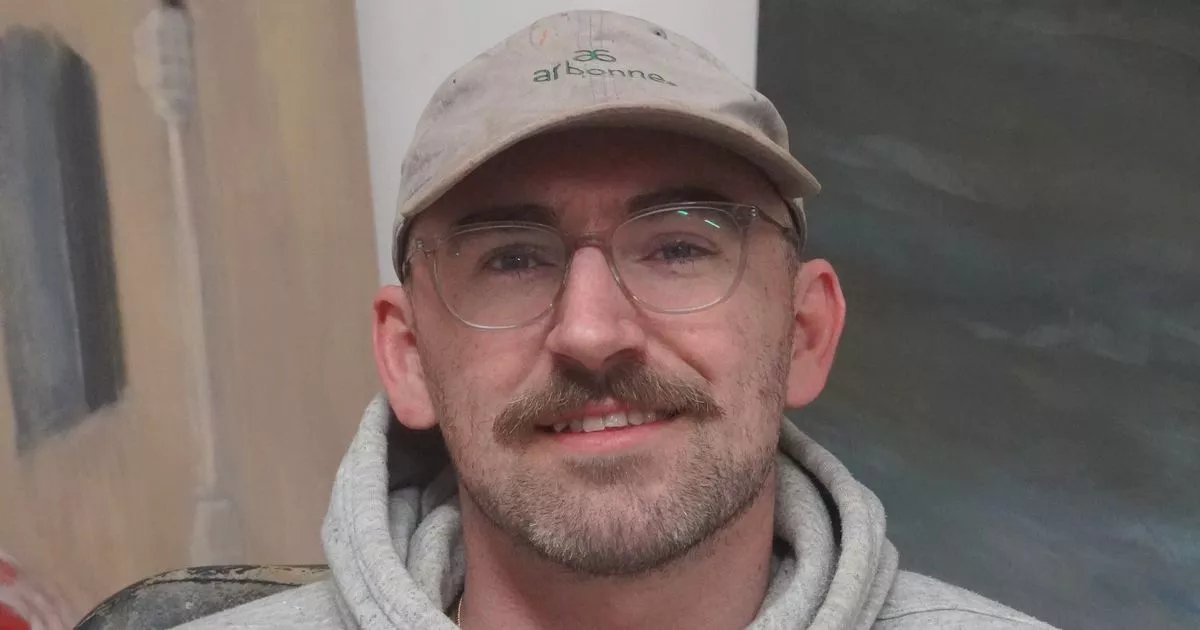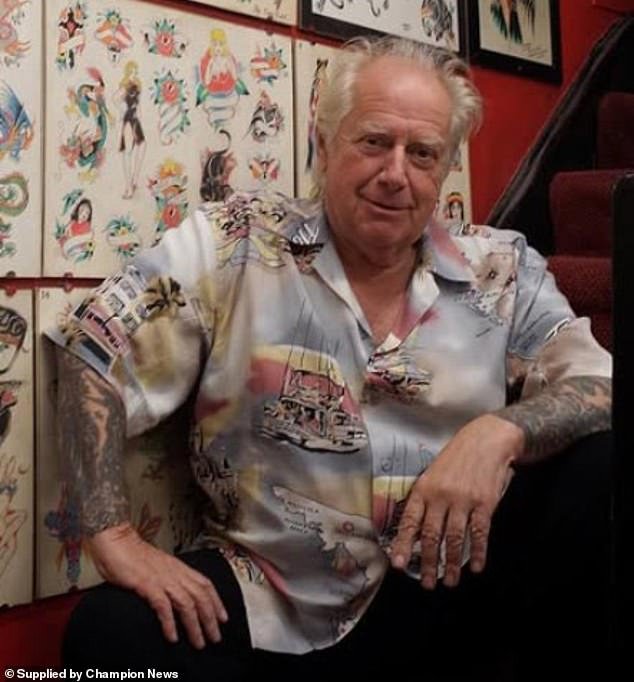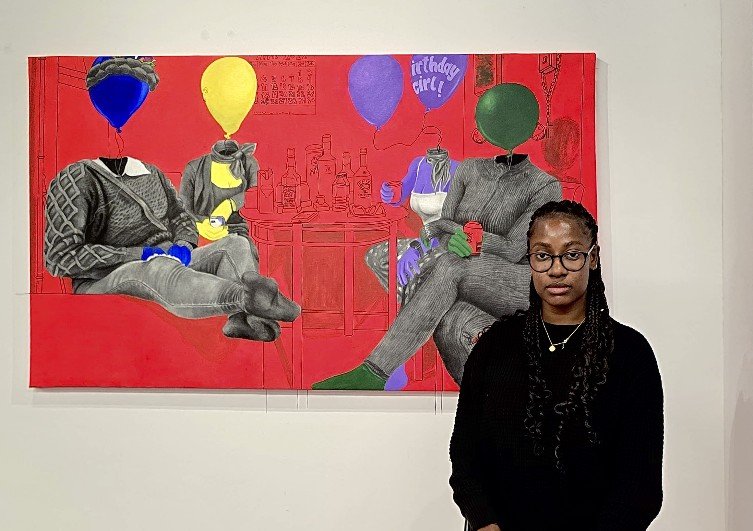While singer-songwriter Mitski’s fourth studio album “Puberty 2″ came out nearly eight years ago, its message continues to resonate with women everywhere, especially those of color. To me, it contains some of the most beautifully written poetry ever seen within the indie-rock genre.
There is emotion and intention woven into every line. This is especially true about the fifth song of the album titled “Your Best American Girl,” which centers around the idea of wanting to be with someone but realizing your fundamental differences and backgrounds make it nearly impossible. The lyrics within this song convey and represent an experience that almost every American woman of color will experience in their lifetime.
Like many Mitski songs, the artist emphasizes her core message through the use of metaphors. In “Your Best American Girl,” an example of this is when she sings, “You’re the sun, you’ve never seen the night, but you hear its song from the morning birds.” Mitski is singing to a white American man that she wishes she could be with despite their backgrounds.
To convey this in a poetic way, the man is represented by the sun, and the United States is represented by the Earth. In our solar system, the Earth revolves around the sun. The United States of America revolves around and caters to the white American man. The typical white American man has his whole life ahead and it is guaranteed for him that he will not have anything unfair standing in his way on the basis of his race or gender while Mitski, a woman of color, has to work twice as hard.
As an immigrant, she doesn’t have the privilege to have an easy path laid out for her. When Mitski says that this man has never seen the night, the night is a symbol of the struggle of people of color and immigrants in America. This man is as happy as our glowing ball of hydrogen and helium, never having to experience the oppression that people of color face. He has never been subjected to any sort of racial discrimination, but he hears about these experiences from the morning birds.
The morning birds in this case are news outlets or maybe even social media alone. They explain what has occurred during the night through their song in the morning when the sun is up, and can choose to listen to these issues. These lyrics are strong enough to depict the frustration that people of color feel when we are forced to listen to people who can never understand our experience and think they know what it is like to be a person of color in America just because they absorb information from second-hand sources. The poet is able to pack so much experience, anger, sadness, and frustration into what seems to be a simple metaphor.
Mitski then says, “Well I’m not the moon, I’m not even a star…” referring to her struggle with being made to feel that she is not good enough to ever possibly be in a relationship with this man. The moon is often thought of and portrayed through art as the soulmate/partner to the sun. The author expresses here that she is not even a star in the galaxy; she is not even a serious candidate in the battle for this man.
The person that she is pining after doesn’t even think of her, because she’s not in the same galaxy or universe as him. As an Asian American woman in America, society does not consider a woman like Mitski to be important. She is not viewed in the same way as white women; she will never be viewed on the same playing field as the moon or any star because of who she is.
The song reaches its climax with another common and devastating sentiment. The chorus of this song goes, “Your mother wouldn’t approve of how my mother raised me. But I do, I think I do. And you’re an all-American boy. I guess I couldn’t help trying to be your best American girl.” Mitski is now talking about the cultural divide in how white children and children of color are raised in America, and how she tries so hard to change herself for this man but the fact that they were raised so differently makes it entirely impossible.
It’s such a hurtful and painful thing to feel like no one will ever love you on the basis of something that you can not change, it’s an experience that almost every woman of color has been through. Mitski wants so badly to be accepted by this man’s parents, but she also wants to feel accepted for who she is and how her mother raised her. Later in the song the chorus is repeated but this time rather than saying “I think I do” Mitski writes “I finally do.” She has finally come to the realization that no matter how much she tries to be her interest’s “best American girl,” she will always be her mother’s daughter. Along the course of the song, Mitski shares the journey of her realization that there is no point in trying to “fix” herself; she would rather approve of herself.
In 2016, Mitski told NPR about the song, “It’s just a feeling of loving someone so much, and yet being from completely different backgrounds and not being able to do anything about it.”
As a woman of color myself, this sentiment as well as the song as a whole is reflective of a deeply personal experience that so many women of color experience.
Since I was little, I have felt that no one would love me in a romantic way because of my background and my brown skin. I have had so many negative experiences in elementary and middle school that I was conditioned to think that no one could like me in that way because of who I am.
I’ll never forget the day I brought Indian food to school, food that my mom poured her love into, just to be met with the piercing words of my classmates: “Ew what’s that green stuff.” In another instance, I can recall the words exactly, I had sat down in my English class and the boy sitting next to me said, “Ew, she’s probably in ISIS, get away from her.” The fact that all these sentences start with ew has always stuck with me.
What about what I eat is so ew? What about the music that I listen to is ‘so ew?’ What is it about me that you find so gross? Experiences like these made me feel like I could never be a consideration for anyone to even be friends with me.
However, Mitski, along with so many talented women of color making a name for themselves in the realm of Indie music is helping to change this narrative through their artistry. Compared to other female artists that dominate mainstream charts, Mitski’s lyricism gives non-POC individuals the opportunity to begin to understand the experience that so many women of color face throughout their lifetimes in regard to love and romance. Her vulnerability, especially in “Your Best American Girl” is a great start for others to not only recognize the brilliance of the songstress’ discography but participate in a crucial dialogue about race that needs to occur not only in the music industry but society as a whole.


